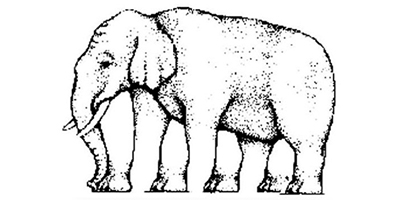
Hillel says, “If I am not for myself, who will be for me? But if I am only for myself, who am I? If not now, when?”
-Pirkei Avot (Ethics of the Fathers), 1:14
Hillel the Elder was a prominent figure in Jewish history. A renowned sage and scholar, he is perhaps most famous for his expression of the ethic of reciprocity, stated as the inverse of the Golden Rule:
“That which is hateful to you, do not do to your fellow. This is the summary of Torah; the rest is explanation. Go and learn.”
– Babylonian Talmud, tractate Shabbat 31a
The maxim from Pirkei Avot (Ethics of the Fathers) is profound on the surface, but contains a much deeper significance in its Hebrew context.
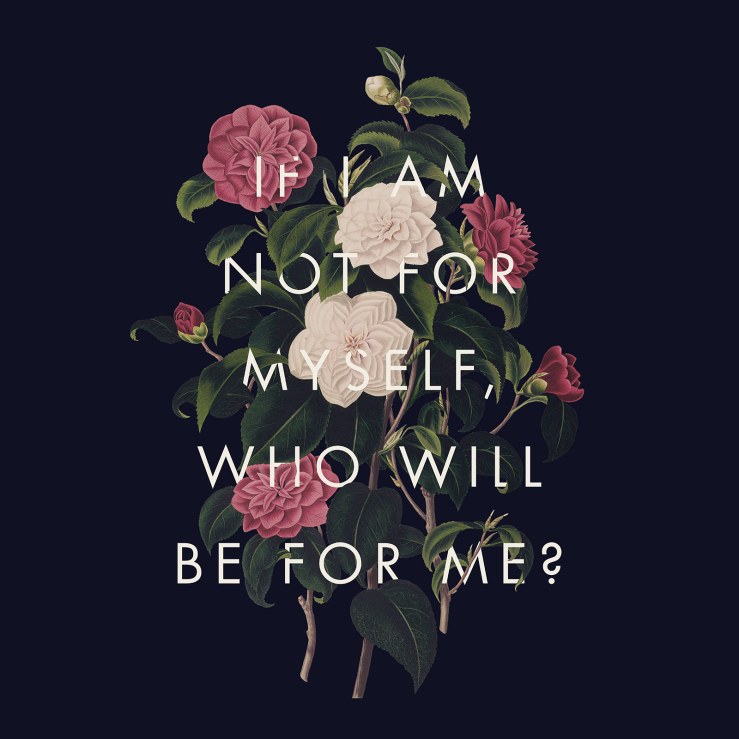
“If I (ani) am not for myself, who will be for me (li.)?”
The phrase distinguishes between two selves: “I” (ani) and “me” (li). It implies that somehow we can have a self called “I” and a self called “me.” The “I” self is the deepest self. It is our personalized facet of the Divine image. By contrast, the “me” is the persona we develop during life. Elements of the “me” originate from others, from society—from that which is outside “I.” We must break away from three levels of “non-self” forces: * Your country” – the nationalistic, political ideology. * “Your birthplace” – the more local, communal, ethnic undertows. * “Your father’s house” – even the particular familial expectations and norms.
Future success begins when we break away from these environmental forces.
Each of us has an authentic, unique self; an “I.” Hillel teaches us that if we do not reveal that “I” – the part of my self that is unique – then who are we? What value is there to “me,” the persona that operates in the world? It is just a shell, a conglomeration of societal elements originating in others.
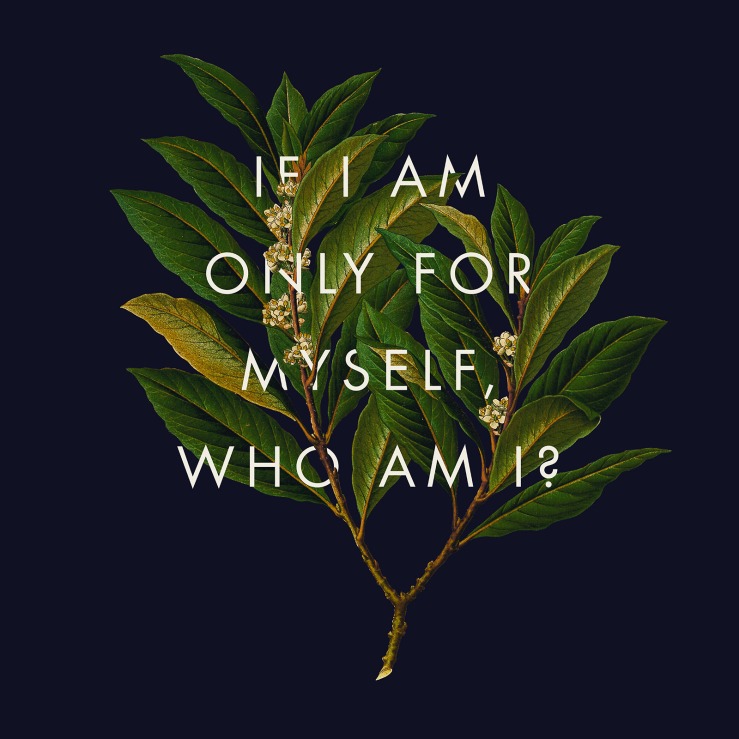
“But if I am only for myself, who am I?”
Here the word for “I” is anochi, which is a proclamation of intimate nearness between the speaker and the listener. It is an “I” that encompasses “others,” and is thereby infinitely more whole.
We cannot stay within the isolated ego. We must start with the self (ani), but then move out into the world of others. By so doing, we free them and ourselves from bondage and reveal a greater self (anochi). It is a self that is simultaneously a part of a greater whole.
There is a unique “I” in the universe and it has only been entrusted to one human being: you. If that unique “I” does not somehow find expression, then the world will never know it. A precious unique “I” has failed to be experienced. That is a tragedy.
However, once that “I” has discovered and learned to express its individuality, it needs to take the next step and bring it out into the world. Each of us has something unique to contribute and no one else can bring it into the world.
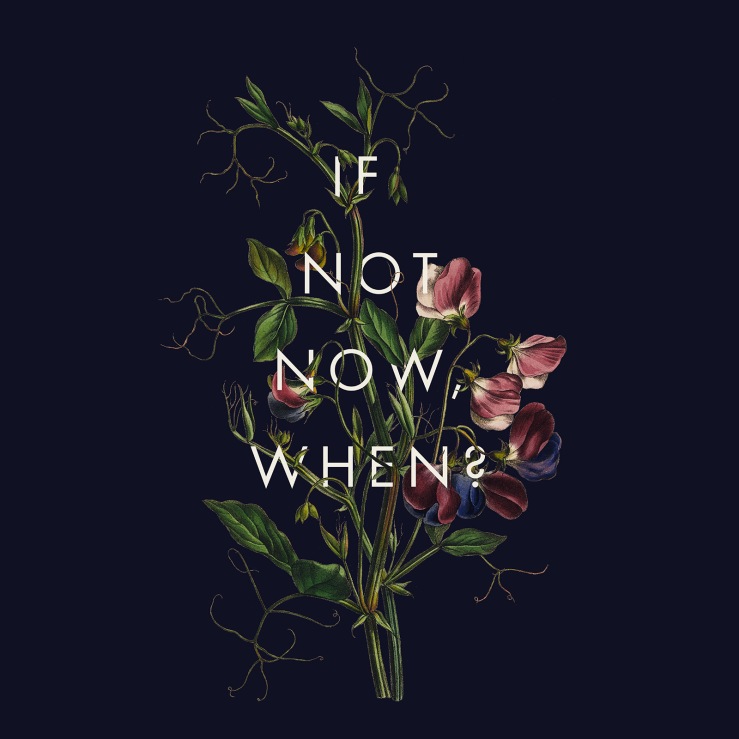
“If not now, when?”
What does this somewhat enigmatic phrase have to do with the struggle of self?
The clause is describing an important step in bringing the process of self-actualization to fruition. It’s saying: “Stop procrastinating! If not now, when? If you’re not going to develop your self now – if you’re not going to make that trip, take that course, meet that person, read that book – when will you? Get moving on it NOW!” Sometimes the very thing that can give us the most satisfaction – the key unlocking the doorway to our selves – is the very thing we deny most. It is the door we most fear opening. So we keep the key far out of sight to prevent it from reminding us that there’s even a door to be unlocked. We design our lives and busy ourselves from dawn to dusk with activities that rob us of the time to soberly take up the meaning of life and what we need to do to make it truly meaningful.
Sometimes we’re the last to know how great we are, and how much greater we can become. So we procrastinate – even for precisely that which we long for most. And there’s nothing we long for more than the expression of our deepest self. That’s why Hillel feels it vital to remind us that it’s not enough to be aware of the need; we have to act on it. Continually. Relentlessly. Otherwise, what’s life for? And if not now, when?
(Text adapted from “Me, Myself and I: Ethics of the Fathers” by Yaakov Astor and Benyamin ben Esther on Aish.com)

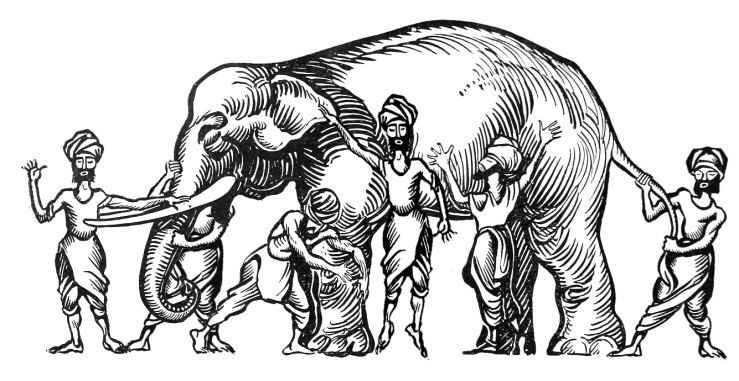
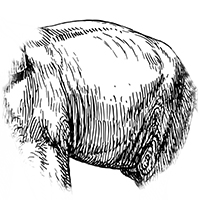
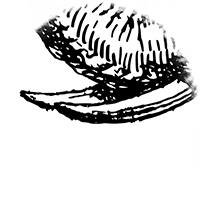 The second feels the elephant’s tusk and exclaims,
The second feels the elephant’s tusk and exclaims,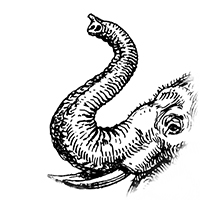
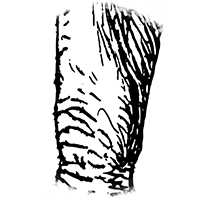
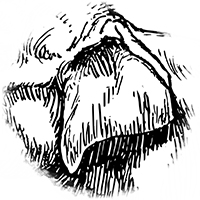
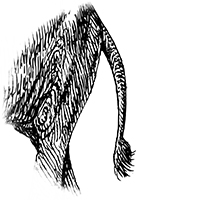
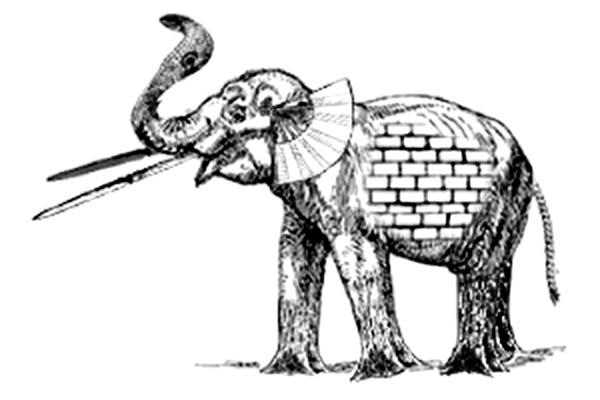
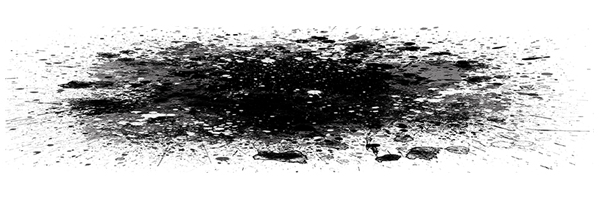 And thus is the nature of truth and the end of fools who feign debate it.
And thus is the nature of truth and the end of fools who feign debate it.